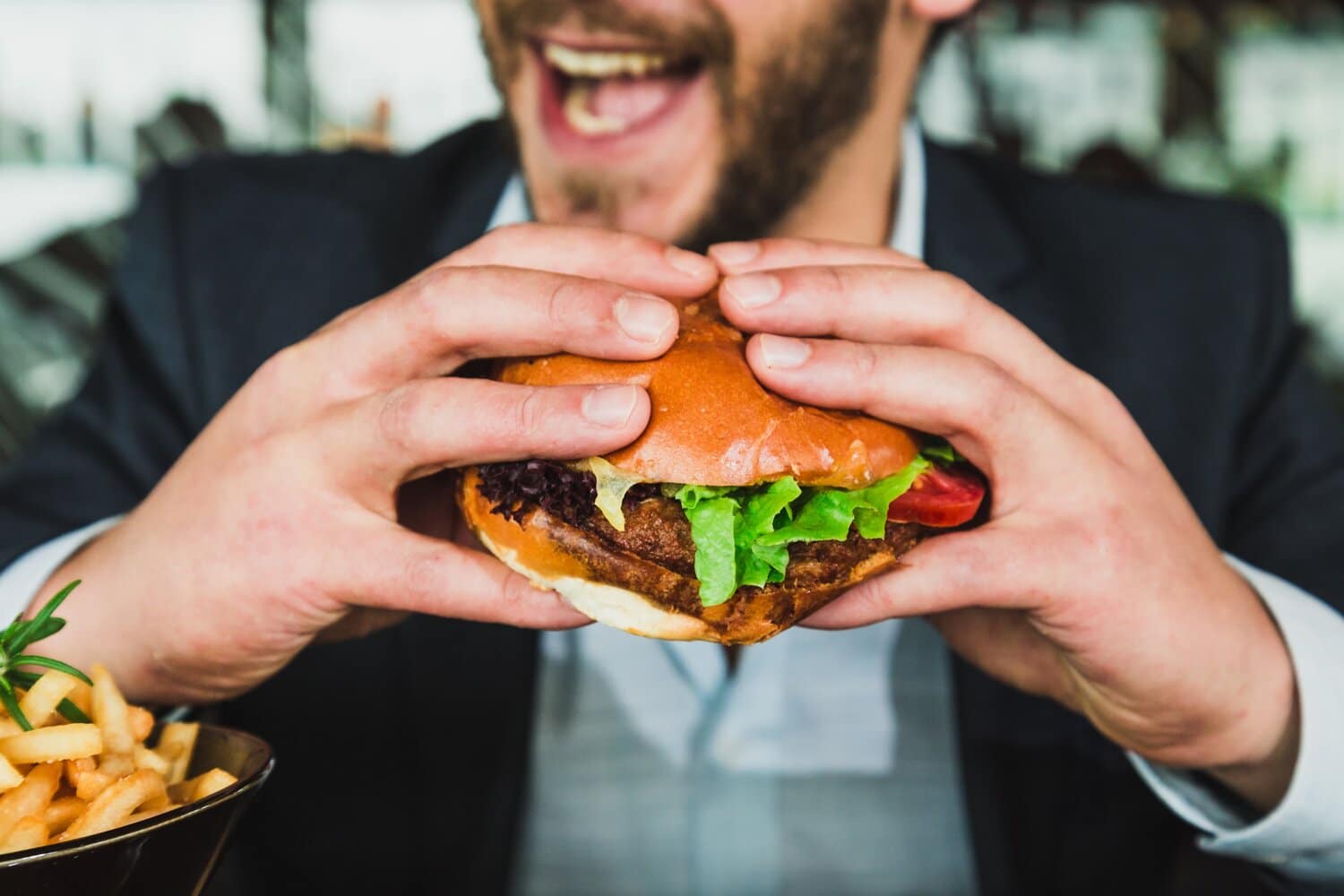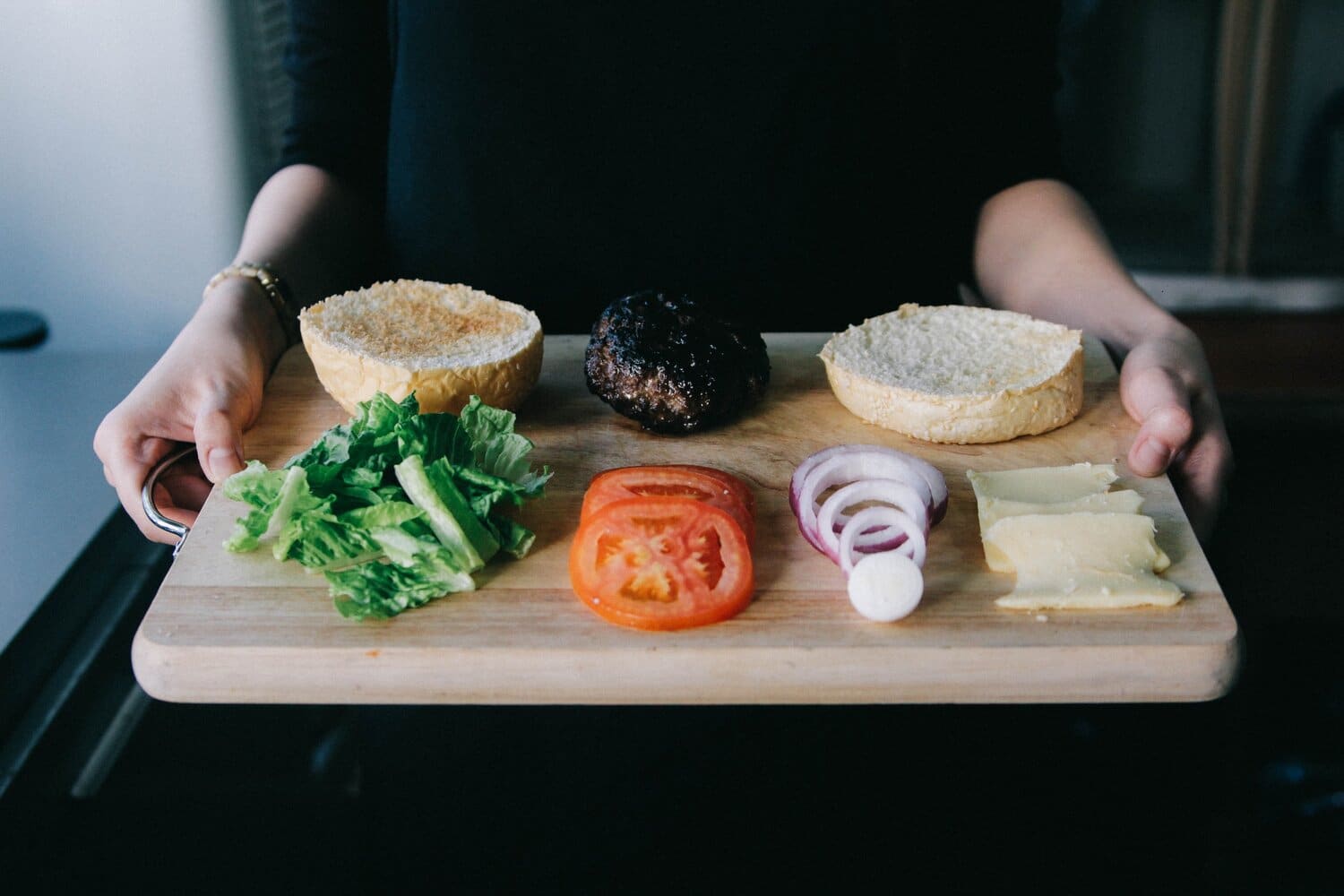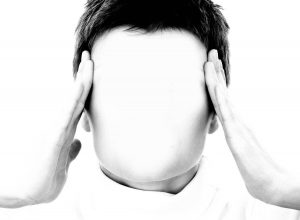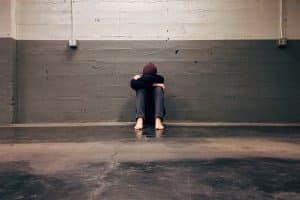Table of Contents
While ‘you are what you eat’ has become somewhat of an overused phrase over the years, the meaning still stands. What you choose to eat and drink has an effect on your mental health, there are no two ways about it. Whether direct or indirect, the relationship certainly exists. Here, we going to talk about that a little bit, and discuss what you can do to positively affect your mental health with food and drink.
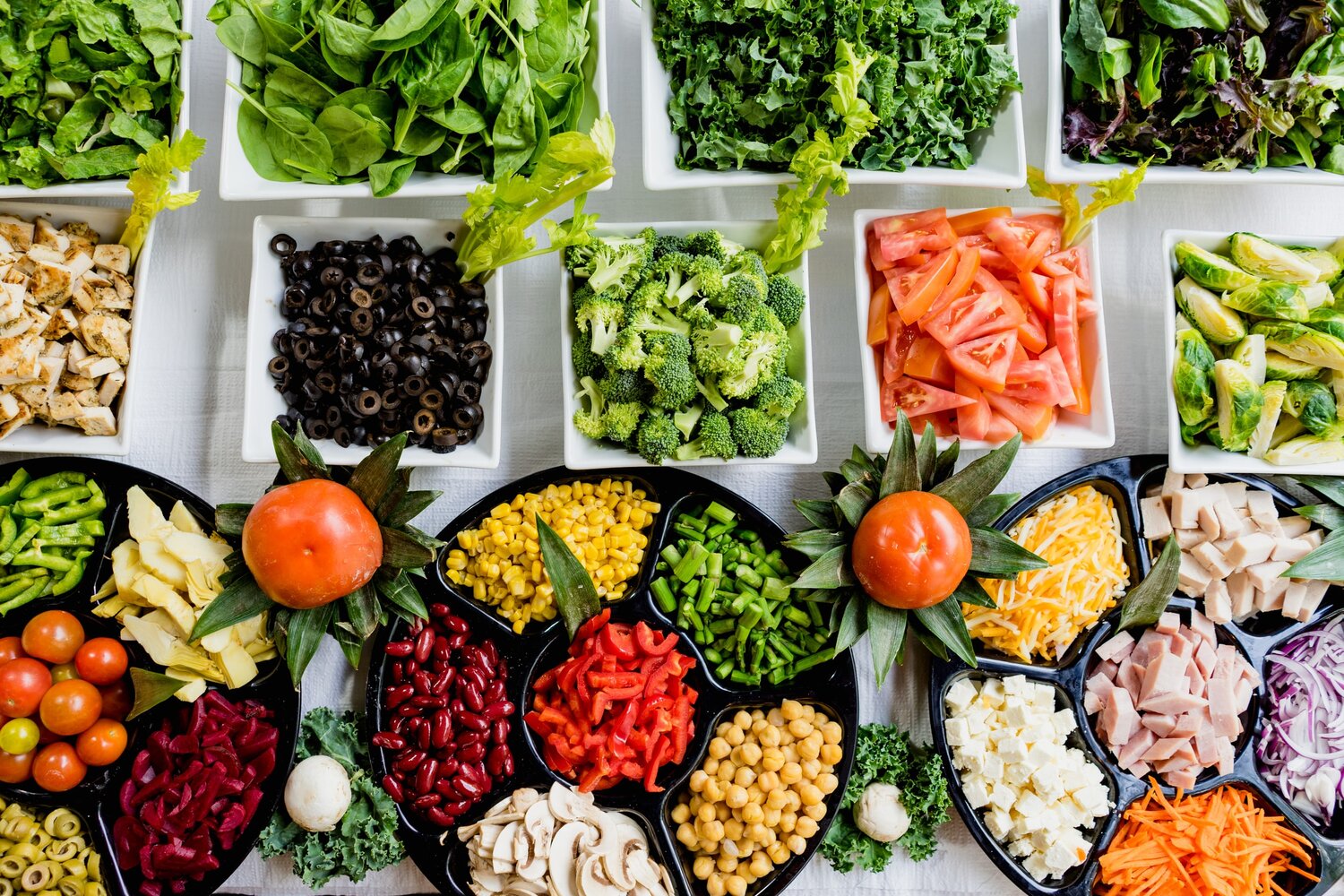
Eating Regularly
This is a really great way to keep your moods stable and steady. Eating irregularly will allow your blood sugar level to remain relatively steady. If you ensure that happens, then your mood will be positively affected. Foods that release energy slowly are pasta, rice, and oats.
If your blood sugar level drops noticeably then you may begin to feel tired, irritable, and depressed. Making sure to eat regular meals that contain slow-release ingredients will definitely help to prevent this. It can also be a good idea to eat smaller meals, and supplement with snacks throughout the day. This way, you’ll never be particularly hungry or full, helping maintain good mental health.
Staying Hydrated
Keeping hydrated is really important for anyone, but especially so for people watching their mental health. Not having enough fluid in your system can lead to difficulty concentrating and thinking clearly. Continued dehydration can even lead to constipation – which puts no-one in a good mood.
Health experts recommend that you drink between six and eight glasses of fluid a day. Water is a great option as it’s cheap and healthy. However, other drinks like tea, coffee, juice, and smoothies are also great. It’s worth considering that some drinks contain caffeine or sugar, which can have their own effects on your mental health.
Caffeine
Caffeine can be a wonderful thing to have in your diet, but it is still a stimulant at the end of the day. This means that while it can give you a great burst of energy to start with, the energy can then subside, leaving you feeling anxious and depressed. It can also affect your sleep (especially if you have it before bed) and can give you withdrawal symptoms if you stop suddenly.
These negative effects are quite profound, so it’s worth trying to have less caffeine in your diet. You can switch to decaffeinated versions of your go-to’s, like tea, coffee, and cola. Alternatively, you could just try to have less caffeine in your diet on the whole – when cutting down to one cup of coffee per day you may see a marked improvement over having three or four cups per day, for instance.
Eating well can have a great impact on your mental health, so consider trying out a few of the tips in this article. Whether you decide to drink a little more water or eat slightly smaller meals, we wish you the best of luck and truly good mental health!

I am a writer and actor from the UK who’s passionate about good mental health and eating well. I hope that my work can point people a couple of steps towards recovery and a healthy lifestyle!
